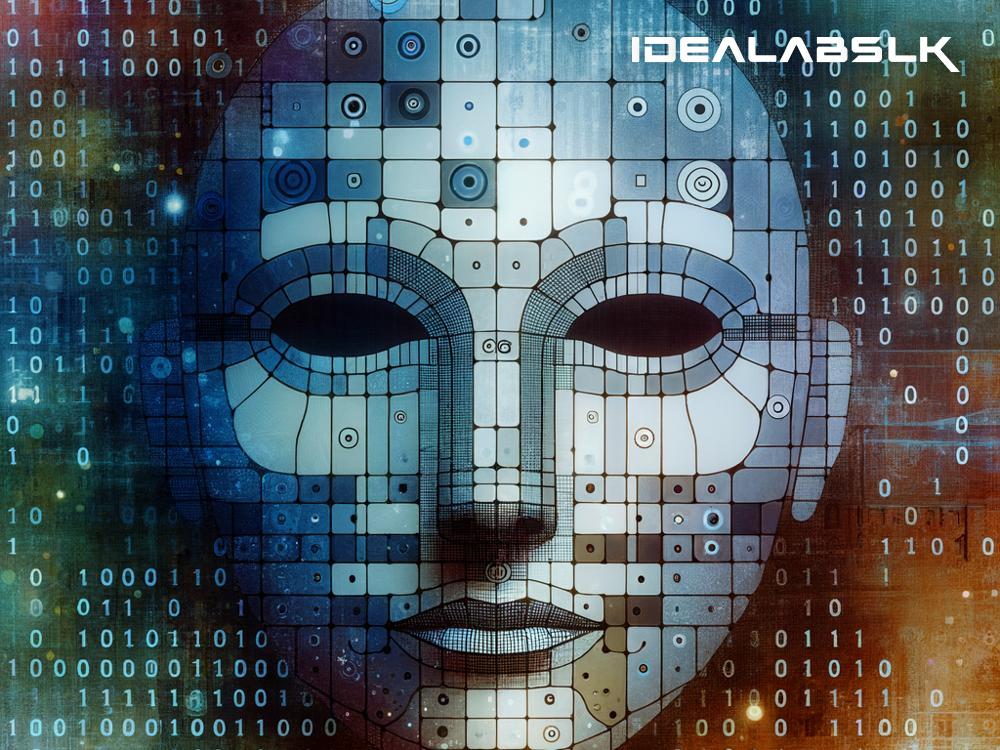Title: The Double-Edged Sword of AI: Navigating the Privacy Pitfalls of Deepfake Technology for Celebrities
In a world where the boundaries between the virtual and the real blur with every technological advancement, the rise of AI-generated deepfake technology brings to the fore a plethora of ethical dilemmas, none more pressing than the assault on individual privacy. This technology, as fascinating as it is, harbors the potential to create highly realistic and convincing fake videos, images, or audio recordings. While it holds promise for the realms of entertainment, education, and beyond, its misuse, especially against public figures, has sparked a heated debate on privacy concerns.
Imagine waking up to a video of yourself saying things you've never said or performing actions entirely out of character. Now, visualize this scenario through the lens of a celebrity's life, where every action is scrutinized, and reputation is paramount. This is the chilling reality stars face in the age of deepfake technology - a tool that, in the wrong hands, can not only distort public perception but also wreak havoc on personal lives.
Celebrities have always been at the forefront of facing the brunt of technological misuses, given their public visibility. The advent of deepfakes, however, has escalated these privacy intrusions to unprecedented levels. Fabricated videos can now sway public opinion, manipulate fans, and even impact a celebrity's career and personal relationships. The potential for defamation is vast, with fabricated evidence becoming increasingly difficult to distinguish from reality.
Moreover, the ease with which these deepfakes can be created and spread is alarming. With a few clicks, an individual with malicious intent can unleash a convincing fake video to millions across the globe, leveraging social media's expansive reach. The viral nature of such content, coupled with the human propensity for sensationalism, means that once a deepfake is out, the damage is often irrevocable. For public figures, this can translate into a nightmare scenario, where they are constantly on edge, knowing that their likeness can be manipulated at any moment.
But it's not just the potential for defamation that raises red flags. Deepfake technology also poses grave concerns regarding consent. Celebrities, despite their public personas, have a right to control how their images and voices are used. Deepfakes strip them of this control, using their identity without permission for purposes they may vehemently oppose. This encroachment on consent extends beyond the sphere of public life into the unsettling realm of deepfake pornography, where the faces of actresses are often superimposed onto explicit content without their consent, causing irreparable harm to their dignity and psyche.
The legal landscape currently struggles to keep pace with the rapid advancement of deepfake technology. While some regions have begun to draft laws aimed at curbing the malicious use of deepfakes, enforcement remains a challenge. The anonymity afforded by the internet, coupled with the jurisdictional complexities of global networks, makes it difficult to hold perpetrators accountable. Celebrities, therefore, find themselves in a precarious position, having to rely on existing copyright and defamation laws that may not fully encompass the nuances of AI-generated content.
In response to these mounting concerns, there has been a push for more stringent regulations and the development of technology capable of detecting deepfakes. Social media platforms and tech companies are increasingly under pressure to implement more robust systems to identify and remove deepfakes, protecting users from misinformation and abuse. However, this is a cat-and-mouse game, as improvements in detection methodologies often lead to more sophisticated deepfakes, perpetuating a cycle of evasion and pursuit.
For celebrities navigating this treacherous landscape, the key lies in awareness and advocacy. By educating themselves and their fans about the existence and dangers of deepfakes, celebrities can foster a more discerning public, less susceptible to manipulation. Partnering with organizations dedicated to digital rights and privacy, they can also advocate for stronger protective measures and legislation, creating a safer digital environment for all.
Deepfake technology, with its unparalleled potential for harm and deception, has ushered us into an era where seeing is no longer believing. For celebrities, the challenge is immense, as they grapple with the invasion of their privacy and the constant threat to their reputation. As we stand at this technological crossroads, the question we must all grapple with is not just how we can harness the positive potential of AI, but how we can safeguard the very essence of our humanity—our privacy and consent—in the process.

